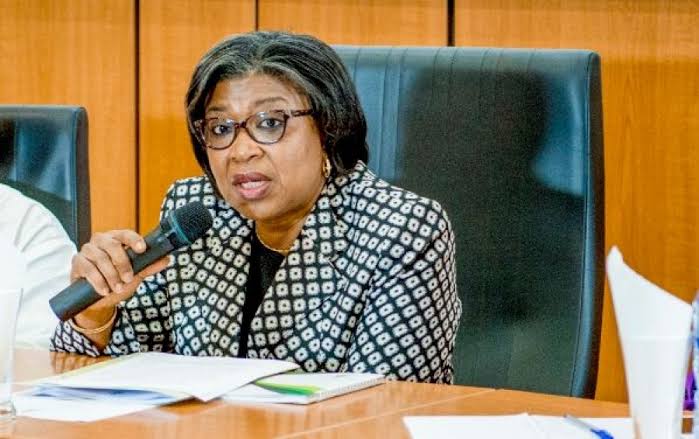At the end of the third quarter of 2023, Nigeria’s public debt stood at N87.91 trillion, up slightly from N87.38 trillion at the end of the second quarter.
This was revealed in the Debt Management Office’s (DMO) third-quarter 2023 public debt report, which was released yesterday. Additionally, the office reported that during that time, the total stock of external debt fell by $1.57 billion, from $43.16 billion to $41.59 billion.
However, the decrease was insufficient to offset the increase in the domestic portion of the sovereign debts. According to DMO’s statement, the $500 million Eurobond redemption for Nigeria and the $413.859 million first principal payment from the $3.4 billion loan from the International Monetary Fund (IMF) that was taken out during the COVID-19 period are to blame for the decline.
The $500 million Eurobond redemption and the $413.859 first principal repayment of the $4.3 billion obtained from the International Monetary Fund (IMF) in 2020 during COVID-19, according to a DMO statement, resulted in a decrease in external debt.
However, it did note that as of September 30, 2023, Nigeria’s total public debt increased slightly from N87.38 trillion at the end of the second quarter to N87.91 trillion ($114.35 billion). This was due to an increase in the nation’s domestic debt stock, which increased by N1.8 trillion to N50.196 trillion over the course of the three months.
According to DMO, “the sum represents the internal and external debts of the Federal Capital Territory, the 36 state governments, and the Federal Government of Nigeria.”
According to DMO, “the sum represents the internal and external debts of the Federal Capital Territory, the 36 state governments, and the Federal Government of Nigeria.”
“These debts, along with other debts, are clear demonstrations of the FGN’s commitment to honouring its debt obligations,” the statement continued.
The federal government’s recent round of borrowings, which have caused an enormous increase in the country’s debt profile, has continued to draw criticism from Nigerians.
“These debts, along with other debts, are clear demonstrations of the FGN’s commitment to honouring its debt obligations,” the statement continued.
The federal government’s recent round of borrowings, which have caused an enormous increase in the country’s debt profile, has continued to draw criticism from Nigerians.
Despite the fact that the government has consistently maintained that the nation’s debt to GDP ratio is within acceptable bounds, there is still a debt problem. It acknowledges that it faces a revenue challenge, though.
The federal government proposes to borrow N7.83 trillion in the 2024 budget proposal that is being considered by the National Assembly. This is one of the steps taken to close the N9.18 trillion budget deficit. The government declared that it wants to increase revenue and lessen its reliance on debt.


